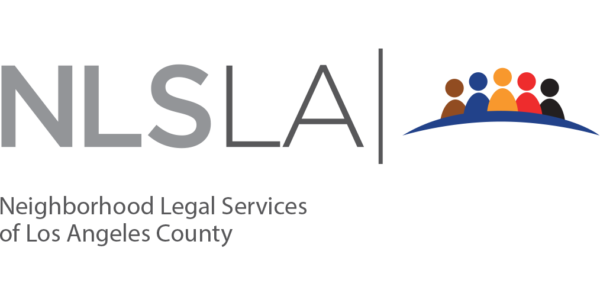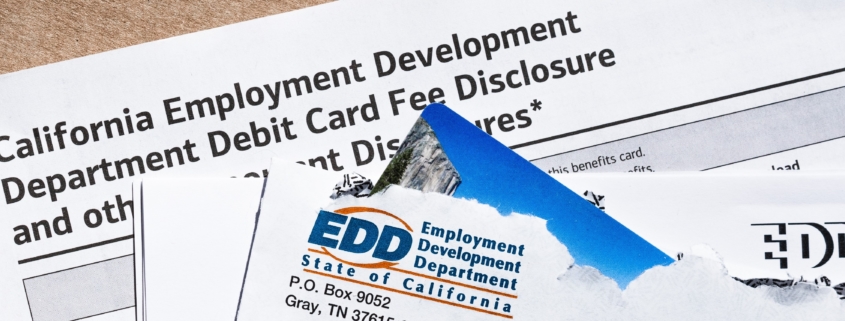NLSLA Pushes Policy Change at EDD, Halting Discriminatory ID Practice
In March of 2020, Ms. S lost her job as a result of the pandemic. Around that time, she also became homeless. She applied for unemployment insurance benefits, but was denied for failing to provide sufficient identification documentation to the California Employment Development Department (EDD). Specifically, she was denied for failing to submit an unexpired photo identification. Ms. S initially submitted a North Carolina photo identification that expired in 2019 along with other supporting identification documents, including a 2019 W-2 tax form. She also tried to get a new California identification card with the Department of Motor Vehicles but was told she would need her birth certificate, which she did not have in her possession. To obtain her birth certificate, she paid a $25 fee and submitted an application—including a sworn statement by the California Department of Public Health—to a birth certificate office in New Jersey, where she was born. Ms. S managed to navigate this complicated process—despite having to deal with the daily struggles that accompany being homeless—before filing an appeal of her denial. But by the time her appeal was heard in January 2021, she still had not received her birth certificate and so had not been able to get a new California identification card.
When Ms. S. came to NLSLA, she had been without unemployment benefits and CalFresh food assistance for months because of the identity verification issues she was unable to resolve on her own. While NLSLA’s benefits advocates ensured Ms. S immediately received food assistance and General Relief cash aid, NLSLA Workers’ Rights advocates represented her at a hearing on the unemployment insurance claim. EDD again took issue with the fact that her photo identification was expired, but the administrative law judge agreed with NLSLA, and determined that Ms. S had provided sufficient documentation—her identification was valid, and there was nothing in the law that specified it had to be current.
Within weeks, NLSLA saw another wrongful denial because of an expired photo identification. And then another. The California Employment Development Department refused to accept expired driver’s licenses, passports, and green cards, even though these adequately verify a person’s identity when submitted with other required supporting documents. It was clear EDD’s policy was having a disproportionate impact on communities of color and people experiencing homelessness. Research around voter identification laws—many of which were passed with discriminatory intent—shows that people who are poor, Black, Latinx, or elderly are less likely to have a current identification, and face myriad challenges obtaining one. So, NLSLA got to work challenging the policy.
At NLSLA, we combine individual representation with impact litigation and policy advocacy, working to address the immediate problem that an individual or family is facing while keeping an eye out for patterns that may indicate a systemic issue. We continued to appeal individual denials based on expired photo identification documents, winning in every case by showing EDD’s policy is inconsistent with the California Code of Regulations and U.S. Department of Labor guidance. We also wrote a letter to EDD demanding that they change the policy to comply with existing legal standards, outlining the ways in which it is unlawful, and detailing its disproportionate impact on communities of color. After several weeks, EDD reached out to let us know they agreed with us, and were working fast to change their policy to accept expired driver’s licenses, green cards, and other forms of photo ID, offering a lifeline to some of the most vulnerable people filing unemployment claims in California.
Ms. S received her unemployment insurance benefits in April 2021. In May, she used her benefits to move out of the shelter where she had been living. She finally had enough funds to pay for a deposit and rent a new apartment.



